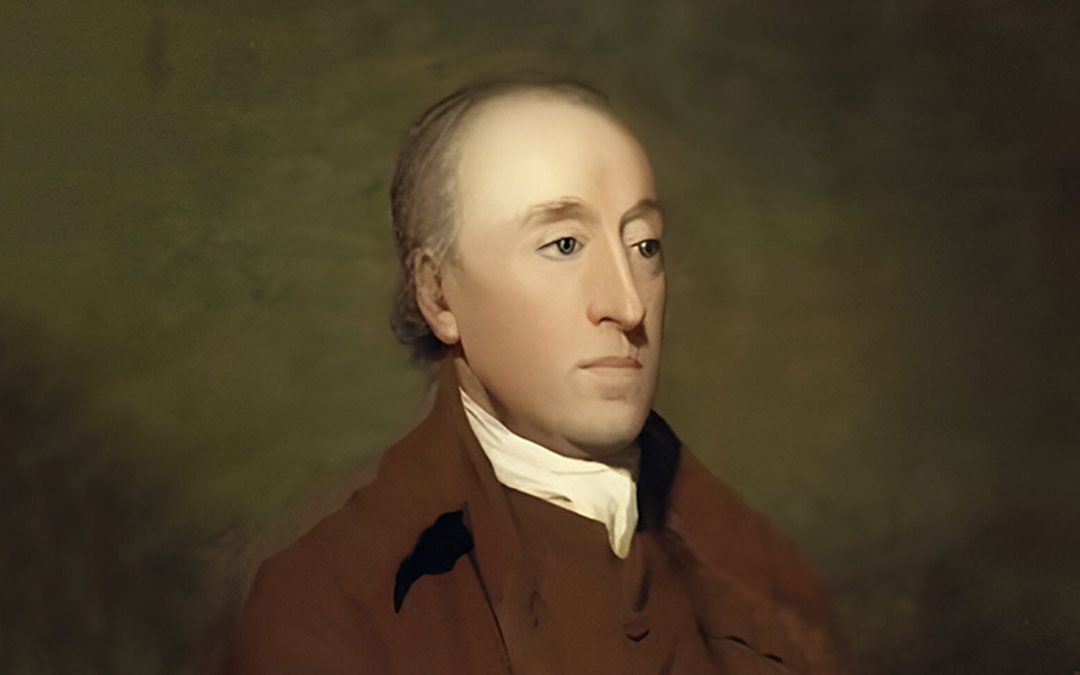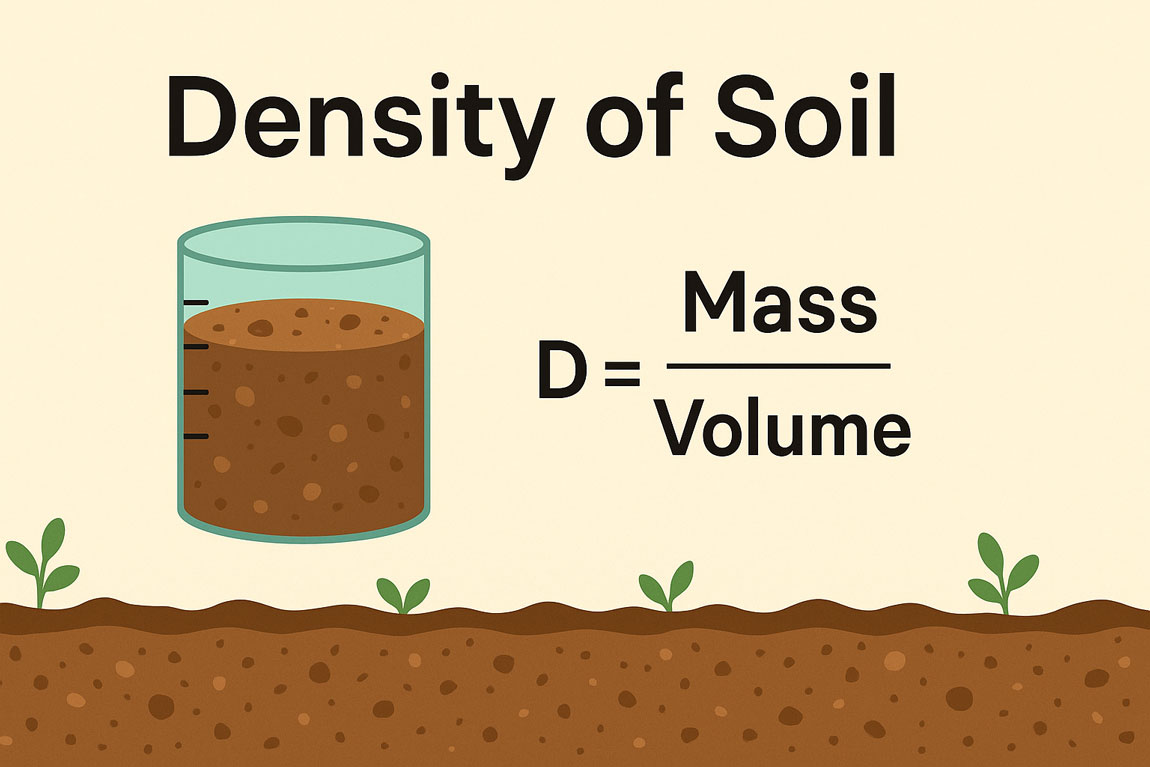James Hutton, usually described as the “Father of Modern Geology,” plays a critical role in the field of Earth sciences. His innovative insights contested prevailing perspectives on the Earth’s history and established the basis for contemporary geology. His work presented notions that transformed our comprehension of Earth’s processes, ultimately influencing the scientific knowledge of geological time and planetary evolution.
This blog post will examine James Hutton’s identity, his formative years, his significant contributions to geology, and the enduring impact of his ideas on contemporary science.
Who Was James Hutton?
In the 18th century, James Hutton, a prominent Scottish geologist, chemist, and naturalist, made significant contributions to the field of geology. Born on June 3, 1726, in Edinburgh, Scotland, Hutton is renowned for his revolutionary views regarding the functioning of the Earth. He is commonly known as the “Father of Modern Geology” since he was the first to truly understand the Earth’s geological processes from a scientific perspective.
Based on religious beliefs, the notion that the Earth was only a few thousand years old was refuted by Hutton’s research. He was an innovative man with ideas that would not be fully grasped for many years. The discipline of Earth history studies was revolutionized by his analyses, experiments, and insightful observations.
Early Life and Background:
Born in Edinburgh, James Hutton came from a wealthy household. Initially trained in the classical arts, he eventually shifted his attention to natural philosophy and science. He was impacted by the Enlightenment’s scientific breakthroughs while he was a student at the University of Edinburgh.
Although Hutton covered a wide range of subjects in his early work, including chemistry and agriculture, geology remained his primary area of interest. Actually, he began thinking about how soil, rock formations, and climate influenced land use as a result of his early farming studies.
His curiosity about how the planet itself operated was piqued by his observations of its physical characteristics. He developed his theories because he was captivated by the processes that shaped the Earth.
James Hutton’s Contribution to Geology:
The one term that best describes James Hutton’s contribution to geology is revolution. Prior to Hutton, the general consensus was that all geological formations were influenced by biblical events and that the Earth was just a few thousand years old.
Hutton, however, postulated a much older Earth that was sculpted by slow and ongoing processes after thorough observation and research. Hutton’s idea of uniformitarianism, which constituted the foundation of contemporary geology, was a significant addition to the field of geology.
According to this view, identical geological processes that are currently being witnessed, like erosion, sedimentation, and volcanic activity, have been occurring throughout Earth’s history.
He assumed that slow, progressive procedures seen in nature were regularly reshaping the Earth. This paved the way for further geological investigation and disputed the tragic point of view of geology.
The Theory of Uniformitarianism:
The uniformitarianism theory was among Hutton’s most substantial contributions. According to this hypothesis, the procedures that produced the Earth’s geological functions —such as erosion, sedimentation, and volcanic activity continue to this day.
Uniformitarianism can be succinctly captured by the familiar expression, “the present is vital to the past.” This stands in contrast to the earlier concept of catastrophism, which concentrated on sudden and significant events (such as earthquakes and floods) that shaped Earth’s background. Hutton suggested that the steady, consistent pressures of nature formed the world’s surface over the years.
For instance, he proposed that sedimentation, not a single, cataclysmic event, had created the strata of rock that we see today over millions of years.
Because of Hutton’s uniformitarianism, scientists have come to understand that the processes that create geological formations take place over a vast period of time, spanning millions or even billions of years. This important discovery influenced the course of contemporary geology.
His Landmark Work – Theory of the Earth:
Hutton’s spots work, Concept of the Earth, released in 1795, is considered one of the most considerable scientific contributions in history. In this job, he provided his observations and the final thoughts he had actually drawn from them, using an in-depth description of his concepts on the Earth’s age and the procedures that shaped it.
The Guide was groundbreaking since it recommended that the Planet was much older than formerly assumed. While earlier scientists had actually guessed that the Earth was just a couple of thousand years old, Hutton’s work made it clear that the Earth’s background covered vast geological time periods.
He used rocks, erosion, and volcanic activity as evidence to show how the Earth’s landscape has changed over an unfathomably long time. His beliefs about the Earth lay the foundation for important advances in geology, especially the idea of deep time, which would be essential to the development of evolutionary theory by researchers like Charles Darwin.
The Legacy of James Hutton in Modern Geology:
James Hutton’s work considerably impacts modern geology. For a modern understanding of Earth’s current activity, his theories of uniformitarianism and deep time are crucial. Because of his research, the concept of geological time scales was formed, which divides Earth’s history into distinct epochs defined by major biological and geological events.
Charles Lyell and others were able to build on Hutton’s work and spread the idea of uniformitarianism thanks to his theories. The work of Lyell had an effect on Charles Darwin’s beliefs of evolution by natural selection because, in explaining his own observations of species and their gradual changes over time, Darwin relied on Hutton’s hypothesis.
Modern science credits Hutton as a visionary who changed the way we think about Earth’s history and geography. Among geology, paleontology, and evolutionary biology, his influence is palpable.
Importance of James Hutton’s Work in Modern Geology:
Hutton’s theories are foundational to modern geology for several reasons:
1. Understanding Earth’s Age:
Hutton’s idea that the Earth was billions of years old, formed by slow-moving geological processes, directly tested earlier spiritual and clinical beliefs. It allowed researchers to appreciate the Earth’s history on a much larger time range, setting the stage for additional explorations in paleontology and transformative biology.
2. Geological Processes:
Hutton’s principle of uniformitarianism highlighted the continuous, visible processes that shape the Planet. It introduced a new framework for understanding exactly how mountains are created, exactly how rivers shape landscapes, and exactly how volcanic eruptions and earthquakes reshape the Planet’s surface.
3. Scientific Approach to Geology:
Hutton’s work influenced a more empirical approach to geology. His mindful research study of rock developments and landscapes established a criterion for future geological research based upon observation, experimentation, and logical reasoning.
4. Influence on Evolutionary Theory:
Hutton’s ideas about gradual, sluggish procedures gave an intellectual structure for the growth of Charles Darwin’s theory of evolution by natural selection. The understanding of deep time and slow-moving, incremental modifications would certainly later be essential in Darwin’s solution to his groundbreaking theory.
Conclusion:
James Hutton’s tradition as the “Father of Modern Geology” is undeniable. His groundbreaking work in the late 18th century offered a clinical framework for recognizing the Earth’s geological processes, testing old beliefs, and inspiring generations of scientists.
Hutton’s theory of uniformitarianism, which recommended that today is the key to recognizing the past, continues to be a foundation of contemporary geology. With his monitoring and revolutionary concepts, James Hutton demonstrated the importance of slow-moving, gradual processes that fit the Earth’s surface area.
His job not only reshaped the field of geology but also had a profound influence on other clinical disciplines, including biology and paleontology.






